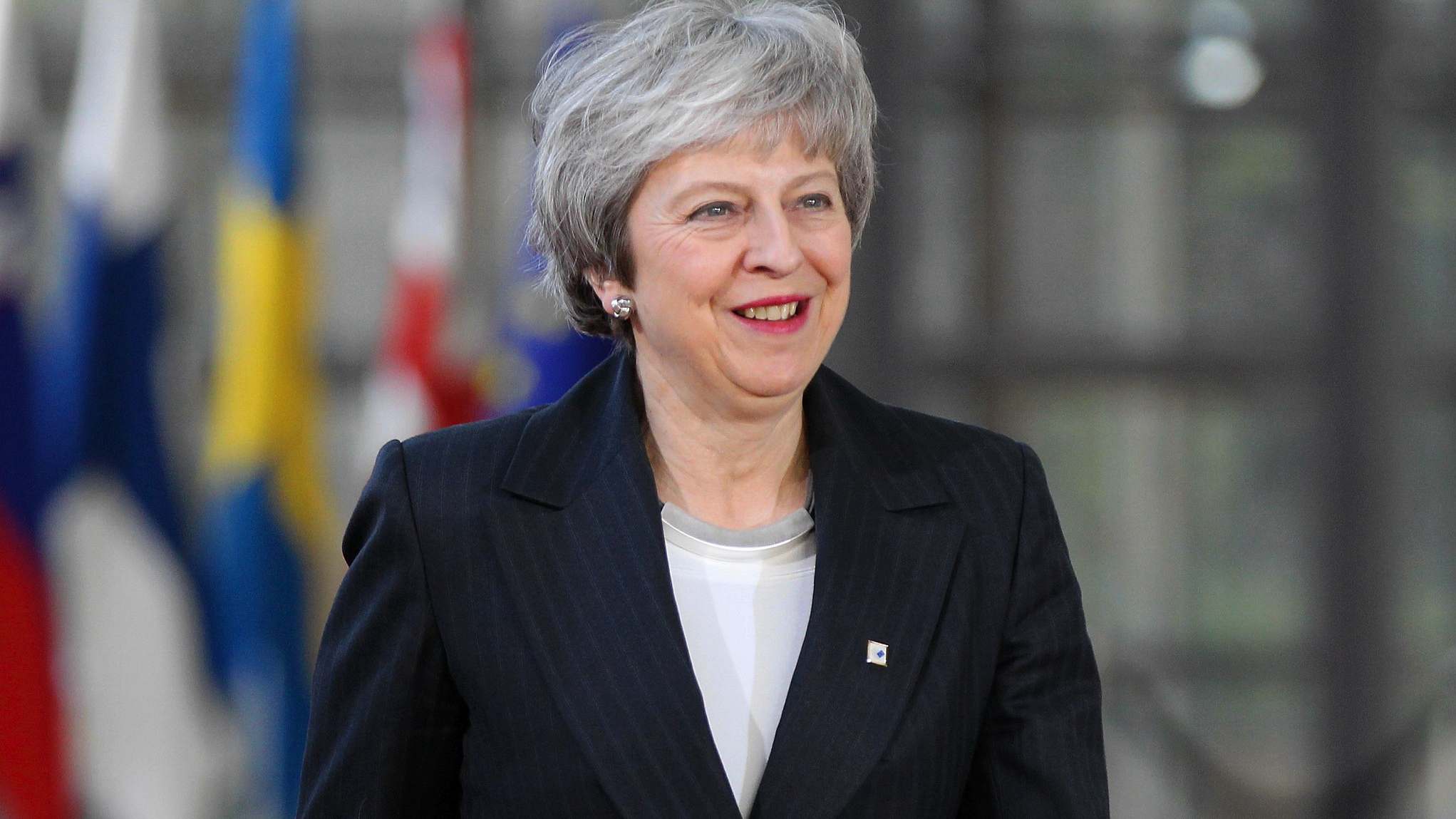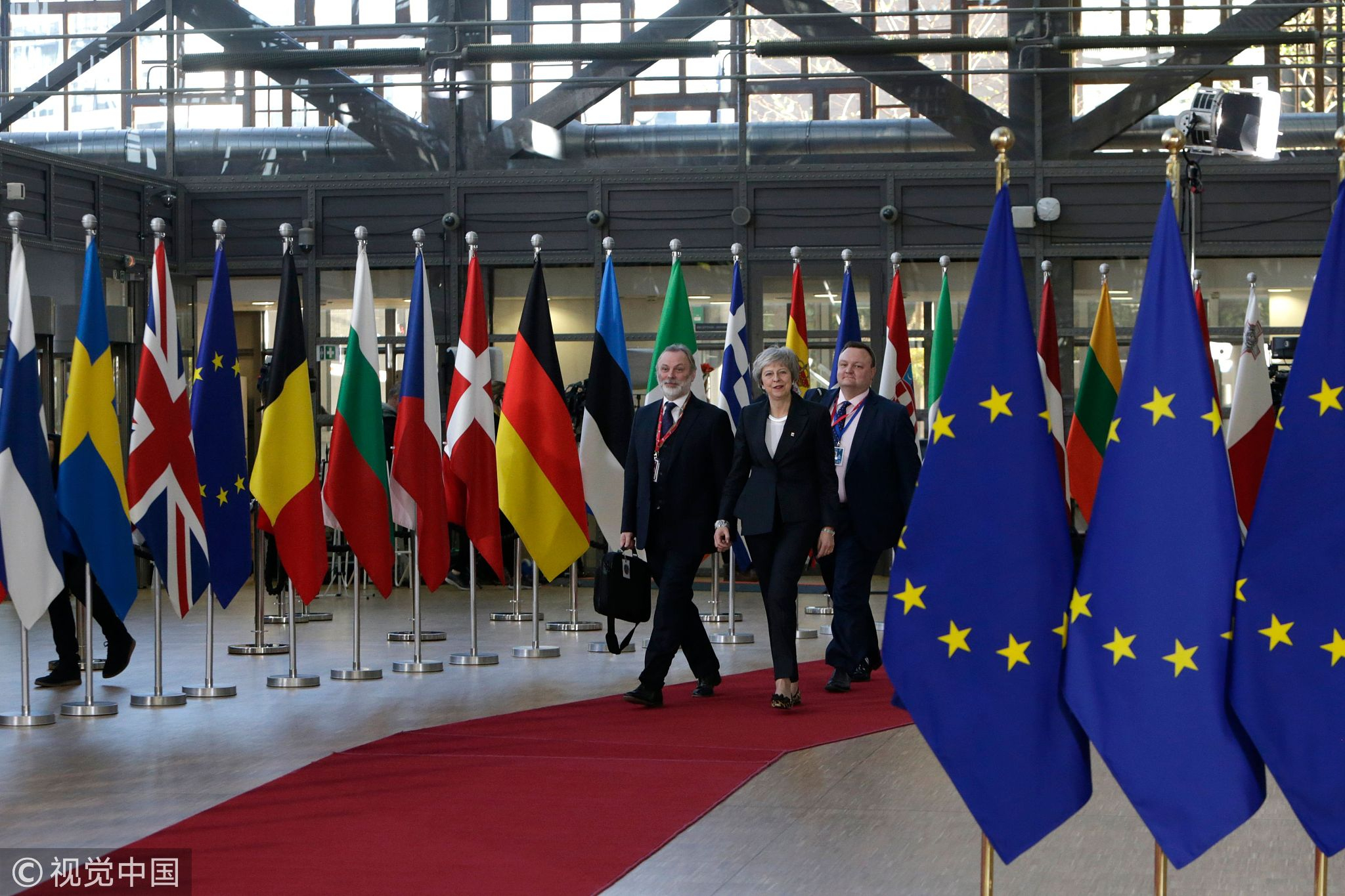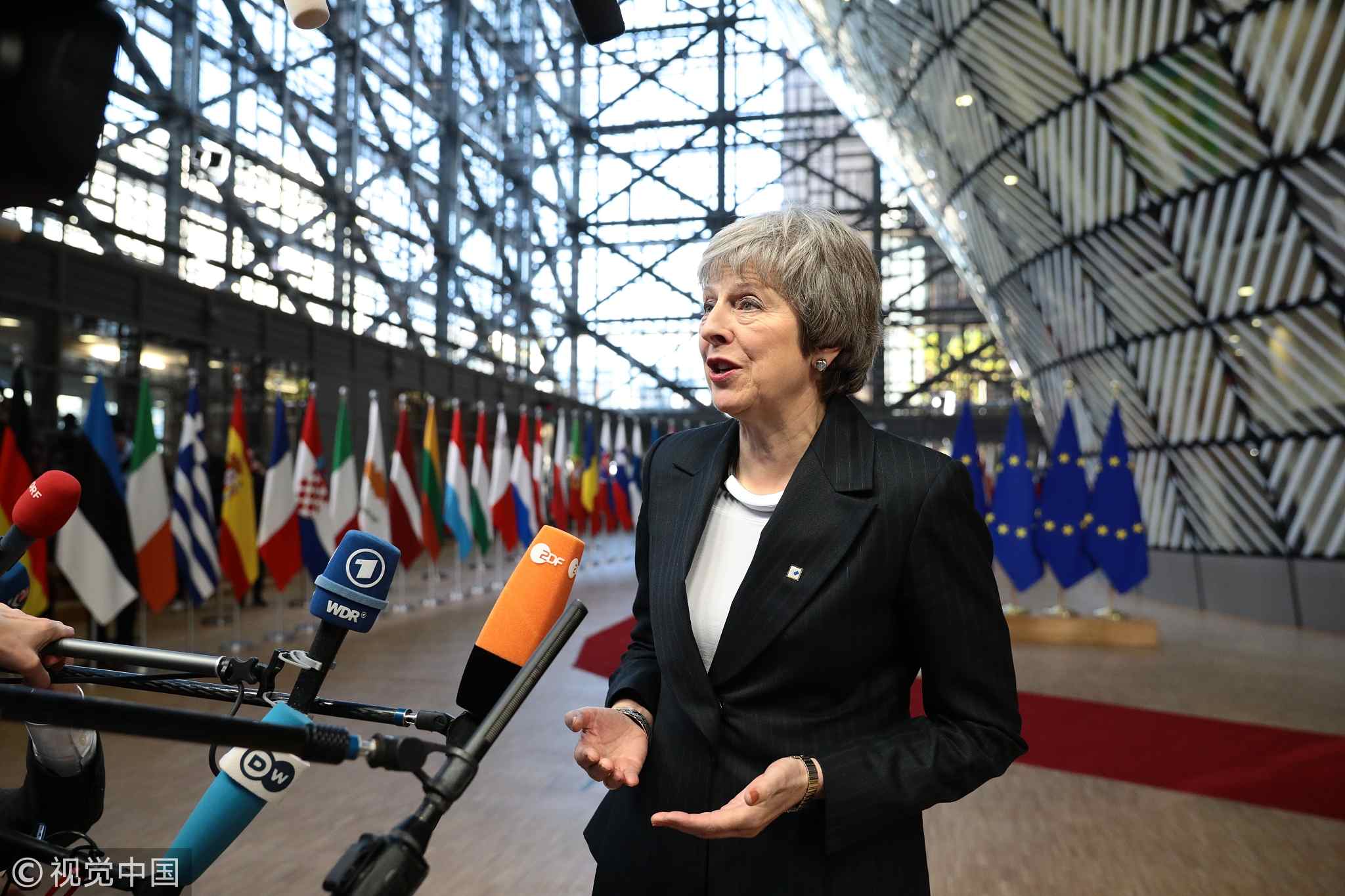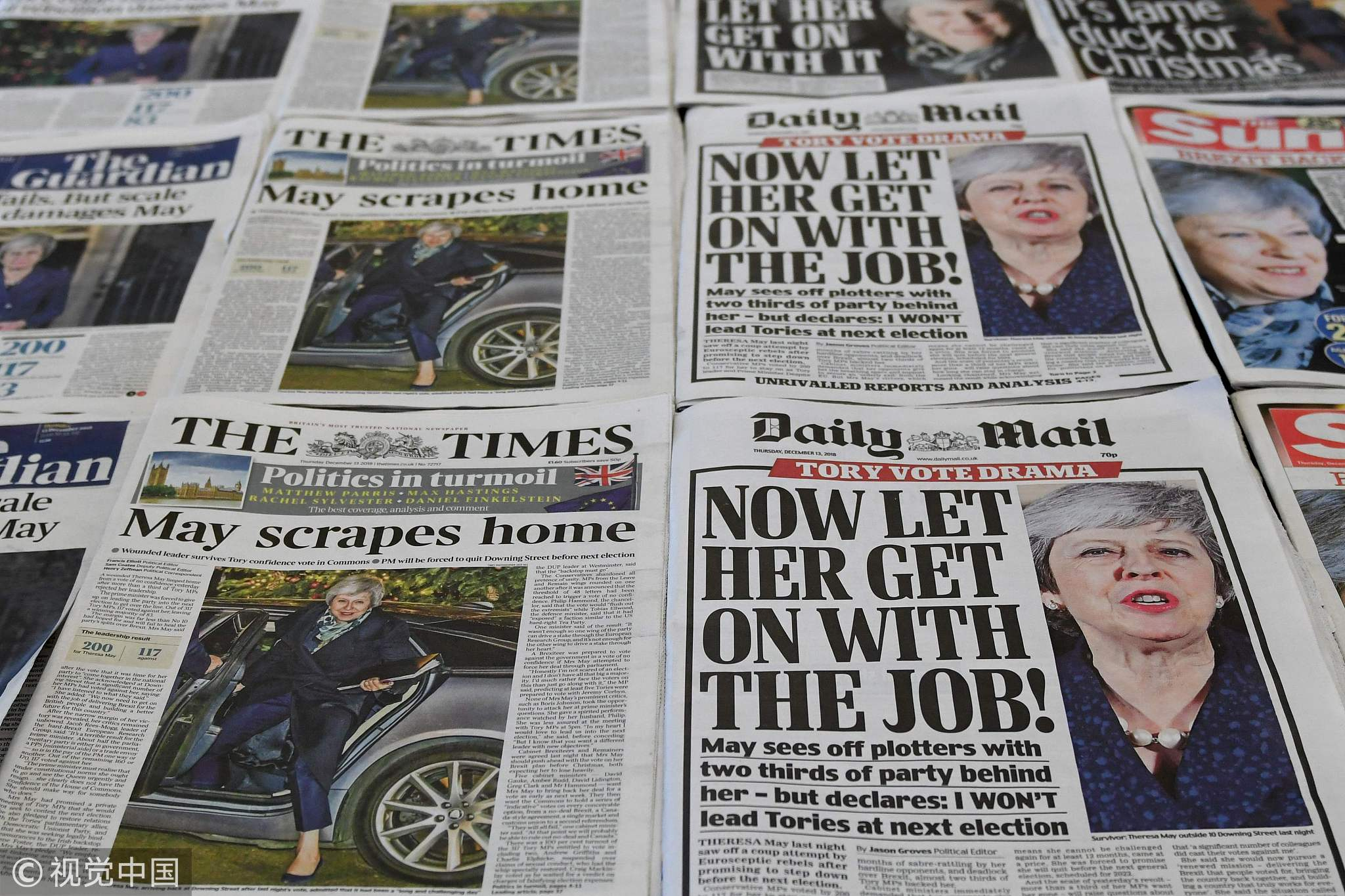
Opinions
11:36, 14-Dec-2018
Opinion: When Brexit bullets can be reversed mid-flight
Updated
11:27, 17-Dec-2018
Zhu Zheng

Editor's note: Zhu Zheng is an assistant professor at the Law School with China University of Political Science and Law. The article reflects the author's opinion, and not necessarily the views of CGTN.
Pulling the rug from her opponents' feet, Theresa May has foiled a coup against her leadership, but Brexit is by no means entering a peaceful phase. Instead, as each day goes by, a new window seems to be thrown open letting in some fresh air as the UK continues its itinerary towards the end date.
On the surface, the recent rows come from Theresa May's decision to delay the vote on her Brexit deal in the House of Commons after ministers convinced her that the vote would be fatal.
Nonetheless, the kernel perhaps lies in somewhere else, and the reversal of Article 50, which was once lightly touched upon but remained unresolved in the beginning of the Brexit process, definitely serves as the Achilles' heel of the whole story.

UK Prime Minister Theresa May (C) arrives on December 13, 2018, in Brussels for a European Summit aimed at discussing the Brexit deal, the long-term budget and the single market. /VCG Photo.
UK Prime Minister Theresa May (C) arrives on December 13, 2018, in Brussels for a European Summit aimed at discussing the Brexit deal, the long-term budget and the single market. /VCG Photo.
On December 10, the Court of Justice of the European Union (ECJ) clarified in its Wightman ruling that a member state can unilaterally revoke notification of its intention to withdraw from the EU, provided it occurs before a withdrawal agreement goes into effect or before the conclusion of the two-year period for negotiations.
To some commentators, this means that there exists the possibility of going back on its Brexit plan.
However, Theresa May has dismissed the idea of stopping Brexit; she determined to carry on with the negotiations, which deeply saddened the remaining campaigners. To remainers, Luxembourg's ruling at least hints that stopping Brexit is an option on the table before the Article 50 period ends.
This, though ruled out by the prime minister, gives rise to an array of theoretical difficulties, which include whether the ECJ's interpretation is legal, and who should be entitled in the UK to stop the process?

UK Prime Minister Theresa May speaks to the media after she arrives at the European Council for the start of the two-day EU summit in Brussels, Belgium, December 13, 2018. /VCG Photo.
UK Prime Minister Theresa May speaks to the media after she arrives at the European Council for the start of the two-day EU summit in Brussels, Belgium, December 13, 2018. /VCG Photo.
Take the legality problem first, with the Lisbon Treaty, a member state could leave the EU, but as Lord Pannick made it clear in the Miller case, once the Article 50 trigger is pulled and the notification is made, the bullet duly makes its way to the final target of a withdrawal from the EU. This understanding clearly clashes with the Wightman ruling.
While it is widely believed that revoking the withdrawal notification would buy time to restart, reboot or redirect the exit process, and above all encourage member states to remain in the EU, the pause button overall causes new puzzles.
For example, it is not clear at this stage whether the UK intends to remain or ultimately leave if negotiations do not yield a satisfactory outcome. Even worse, if it is possible to change their mind, whether other states will follow suit by taking the notification as a bargaining chip for more benefits from the EU remains unknown.

An arrangement of British newspapers showing front-page stories reporting the result of the Conservative Party confidence vote in the leadership of UK Prime Minister Theresa May is photographed in London on December 13, 2018. /VCG Photo.
An arrangement of British newspapers showing front-page stories reporting the result of the Conservative Party confidence vote in the leadership of UK Prime Minister Theresa May is photographed in London on December 13, 2018. /VCG Photo.
Perhaps more problematic is who should be empowered to enforce the revocation of Article 50. It is readily apparent in Miller that any change of constitutional importance in Britain should be made by Parliament, and if the White Hall is allowed to single-handedly trigger Article 50, it would squarely challenge the authority of Parliament, which is the foundation of the country; the same logic should be applied to pressing the pause button on Brexit.
With the bullet simply left hanging in mid-air, the ECJ's ruling theoretically opens the floodgates for more uncertainties and questions.
These wider questions are perhaps not the ones that need a quick answer today, tomorrow, or even in the remaining days of Brexit, but they will for sure come back in the future.
(If you want to contribute and have specific expertise, please contact us at opinions@cgtn.com.)

SITEMAP
Copyright © 2018 CGTN. Beijing ICP prepared NO.16065310-3
Copyright © 2018 CGTN. Beijing ICP prepared NO.16065310-3